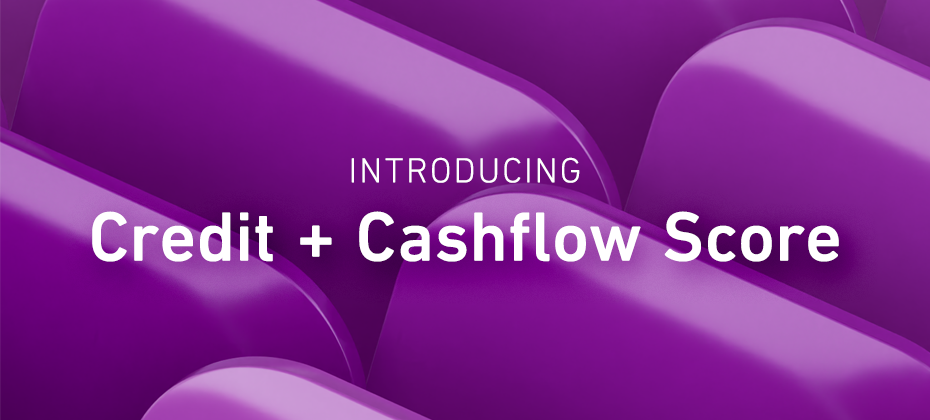At A Glance
Fintech lenders are redefining how credit decisions get made, blending speed, alternative data and automation to serve consumers in real time. Fintechs that can unify and act on their data with confidence are better equipped to manage risk, scale efficiently and unlock growth.Why data analytics matters more to fintech lenders
Unlike traditional financial institutions, fintechs grow through rapid experimentation. They build, iterate and deploy at a pace that rewards agility but often exposes gaps in visibility. That’s why unified, trusted data has become essential infrastructure.
Many fintech leaders note that building technology is rarely the barrier; the real challenge is ensuring their data can move as quickly as their decisions. Analytics plays a central role in closing that gap by providing real-time insight that supports speed, accuracy and confidence.
Fintech analytics goes far beyond reporting. It’s about connecting credit, cash flow and behavioral data to reveal intent, detect risk early and personalize offers. The leaders in this space aren’t those with the most data, but those who can turn it into confident, compliant action.
How fintechs are using analytics to stay ahead
1. Managing risk in real time
Fintech lenders are increasingly recognizing that the boundary between fraud and credit risk is disappearing. Rather than treating them as separate disciplines, leading firms are developing unified approaches that detect early behavioral signals that indicate financial stress or potential fraud well before losses occur. By fusing transactional and credit data, they are creating adaptive risk models that evolve in real time and deliver faster, more confident decisions.
2. Unlocking value from cash flow and alternative data
Fintechs are finding that cash flow tells a richer story than credit alone. By layering bank transaction data on top of bureau insights, many have improved model accuracy and expanded their reach to consumers who might otherwise be overlooked. Analysis of BNPL activity, primary account behavior and income patterns is also helping lenders tailor offers with greater precision and fairness.
3. Accelerating innovation with governed AI
AI is driving model development and decisioning speed, but governance remains a universal concern. Fintech leaders acknowledge the challenge of balancing innovation with regulatory transparency, emphasizing the need for faster validation, clearer audit trails and explainable outputs. The next frontier isn’t just building smarter models but ensuring those models are trusted by compliance teams, investors and consumers alike.
Persistent pain points in fintech data integration
For many fintechs, they are challenged by knowing, that the data exists, but the stitching between sources slows everything down. Even the most advanced fintechs face familiar challenges:
- Fragmented data ecosystems: Transactional, credit, and behavioral data often live across disconnected systems, creating blind spots and latency.
- Data quality and recency: Incomplete or outdated information weakens the accuracy of AI models.
- Scalability and governance: Rapid growth amplifies infrastructure strain and regulatory complexity.
Where Experian gives fintechs an edge
Fintechs have a need for control, speed and trust — a balance that’s difficult to achieve with point solutions or legacy integrations. That’s where Experian differentiates.
The Experian Ascend Platform™ brings data, analytics and decisioning together in a single, secure environment so fintechs can:
- Access unified, model-ready data that combines credit, cash flow and alternative sources.
- Build, test, and deploy predictive models through sandbox capabilities that mirror real-world conditions.
- Enhance transparency and compliance with built-in AI governance and audit tools.
- Integrate seamlessly through flexible APIs designed for engineering-led teams.
Several fintech leaders have stated that Experian’s Ascend platform’s performance and transparency help them move faster without compromising oversight, giving them the speed of an in-house build with the reliability of a proven data partner.
The takeaway: from data collection to confident decisioning
For fintech lenders, analytics is no longer a back-end function. It is a strategic capability that drives every decision. Those who unify their data, operationalize insights responsibly and automate decisions with transparency will set the pace for the next wave of credit innovation.
Experian continues to partner with leading fintechs to transform fragmented data into real-time intelligence, powering smarter lending, sharper risk controls and stronger customer experiences built on trusted data.
Discover how Experian’s fintech solutions are helping fintechs harness analytics to accelerate growth and innovation.


